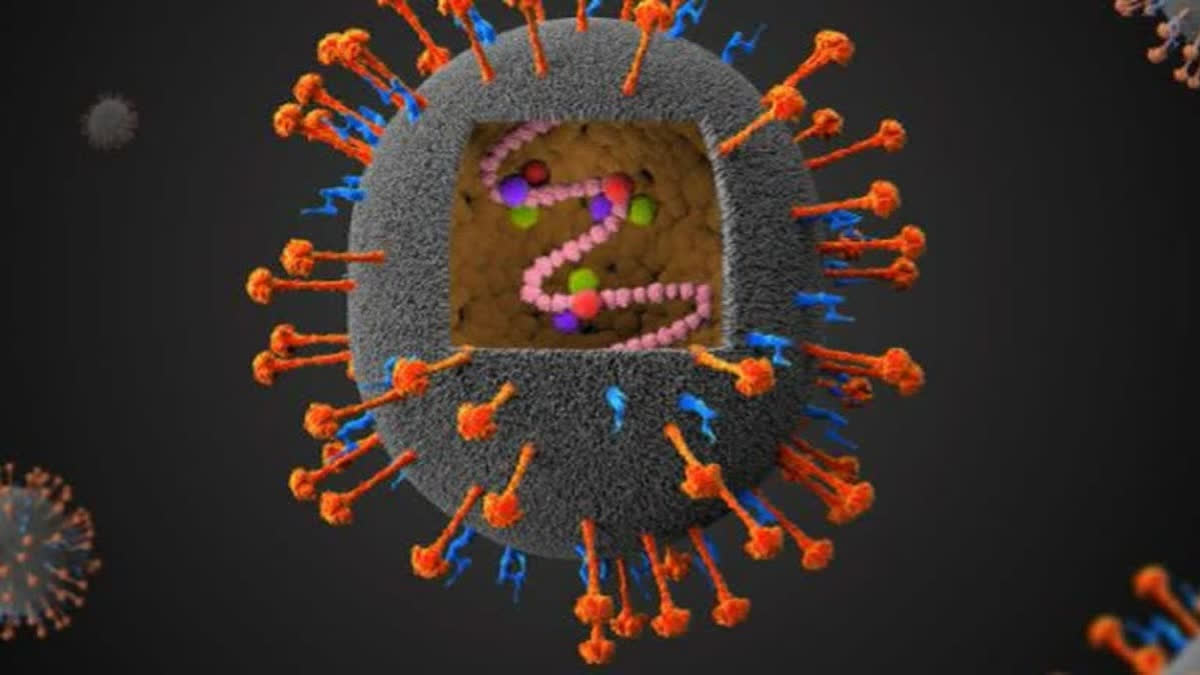Thiruvananthapuram: In the latest development, the National Institute of High-Security Animal Disease, Bhopal, has conveyed negative results after testing animal samples collected from Kozhikkode for the Nipah virus. The samples, gathered on September 21, primarily from bats and pigs, have cast doubt on the origin of the Nipah outbreak. Health officials are now grappling with identifying the true source of the virus, leaving various animals in the region under scrutiny, including bats, pigs, goats, dogs, cats, areca nut and rambutans in Maruthonkara and nearby areas.
While bats are known carriers of the Nipah virus, questions are raised regarding potential infection in all bats within a given area and the challenges of obtaining samples if the carrier bat is inaccessible. Additionally, emphasis has been laid on the effectiveness of the sample collection days after an infected person's demise. Health officials urged for the need for meticulous study and ongoing testing, considering potential transmission routes from bats to other animals through saliva or droppings.
Also read: No fresh Nipah positive cases, 42 more negative results: Kerala govt
The uncertainty surrounding the Nipah outbreak has raised concerns, with the first appearance in Kerala in 2018. Initial revelations attributed the virus to fruit-eating bats, but the precise mode of transmission to humans remains elusive. Clarity on the infection's origin is deemed crucial for effective prevention. Presently, rigorous testing continues with additional animal sampling from neighbouring areas, aiming to unveil the source of the virus and shed light on the circumstances of Muhammadali's infection in Maruthonkara Kalladu.
Also read: Bengal man who returned from Kerala admitted to Kolkata hospital with Nipah symptoms



